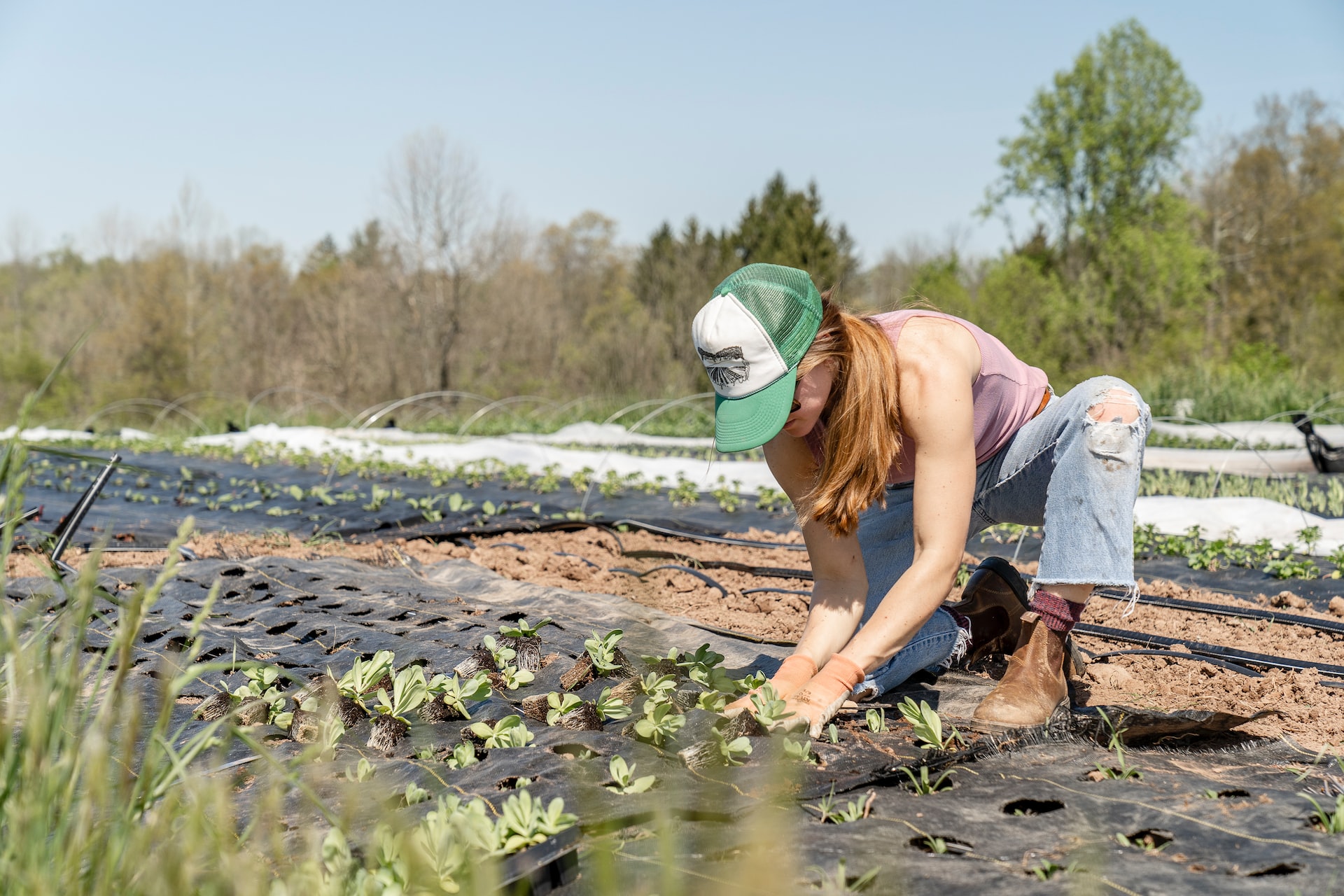Legal Requirements
When hiring seasonal workers for agricultural work in the UK, employers need to understand the legal requirements that apply to their business. Below are some key legal requirements employers should be aware of.
National Minimum Wage Act
The National Minimum Wage Act is a law that sets out the minimum hourly rate that employers must pay their workers. The rate varies depending on the worker's age and whether they are an apprentice. As of April 2022, the minimum wage rates in the UK are
● Age 23 and over: £9.50 per hour
● Age 21-22: £9.18 per hour
● Age 18-20: £6.83 per hour
● Under 18: £4.81 per hour
● Apprentice rate: £4.30 per hour
Employers must ensure that they pay their seasonal workers at least the minimum wage rate that applies to them. It is also important to note that from April 2023, they will rise to:
● Age 23 and over: £10.42 per hour
● Age 21-22: £10.18 per hour
● Age 18-20: £7.49 per hour
● Under 18: £5.28 per hour
● Apprentice rate: £5.28 per hour
Equality Act
The Equality Act is a law that prohibits discrimination against workers based on their age, disability, gender reassignment, marriage or civil partnership, pregnancy or maternity, race, religion or belief, sex, or sexual orientation. Employers must ensure that they do not discriminate against seasonal workers based on any of these protected characteristics.
Right-to-Work Checks
Employers must check that their workers are eligible to work in the UK by conducting right-to-work checks. This involves checking the worker's identity documents to ensure that they have the legal right to work in the UK. Employers must keep a record of the right-to-work check for each worker. Failure to conduct right-to-work checks can result in a fine and/or imprisonment.
The UK Government does offer a seasonal work visa, allowing more workers to travel to the UK for work during busy periods. Workers on these visas can stay for differing amounts of time depending on the area of agriculture they work in. To obtain these visas, an individual must have a sponsor and be coming to work in one of these areas in the timeframe specified:
● horticulture for up to 6 months - for example, picking fruit and vegetables or flowers,
● poultry from 18 October to 31 December, in the same year
Seasonal agricultural work is an important part of the UK's farming industry, and employers need to be aware of the legal requirements when hiring seasonal workers. By considering these factors, employers can ensure that they have a successful and busy season!
